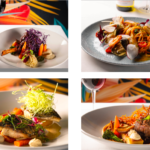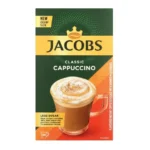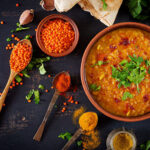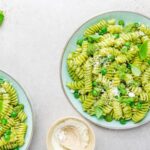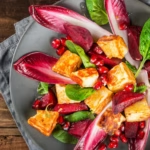A well-planned diet is crucial for athletes to enhance performance, support recovery, and promote overall health. For lacto-vegetarian athletes, who exclude meat and fish but include dairy products in their diet, careful attention to nutrient intake and timing becomes even more important. By strategically incorporating nutrient-dense foods and paying attention to meal timing, lacto-vegetarian athletes can ensure they meet their nutritional needs and achieve their fitness goals. This article explores the key considerations for optimising nutrient intake and timing in a lacto-vegetarian diet for athletes.
Protein: The Foundation of Athletic Nutrition
Protein is a vital macronutrient for athletes as it aids in muscle repair, growth, and recovery. While plant-based sources may lack some essential amino acids, lacto-vegetarian athletes can still obtain complete proteins by combining different plant sources. Incorporating protein-rich foods such as legumes, lentils, tofu, tempeh, Greek yogurt, and cottage cheese can provide an array of amino acids necessary for optimal muscle function.
Nutrient Timing: Pre- and Post-Workout Meals
When it comes to nutrient timing, pre- and post-workout meals play a significant role in supporting performance and recovery. Before exercise, lacto-vegetarian athletes should aim for a meal that includes easily digestible carbohydrates and a moderate amount of protein. Whole grain bread, fruits, and low-fat dairy products can be excellent choices for pre-workout fuel.
Following intense exercise, a post-workout meal is crucial to replenish glycogen stores and initiate muscle repair. Including a combination of carbohydrates and protein is essential. Opt for whole grains, quinoa, sweet potatoes, along with plant-based protein sources like lentils, chickpeas, or a protein shake made with plant-based protein powder.
Micronutrient Considerations
While macronutrients are the building blocks of an athlete’s diet, adequate intake of essential micronutrients is equally important for optimal performance and health. Lacto-vegetarian athletes should pay close attention to the following nutrients:
- Iron: Plant-based iron sources include legumes, spinach, quinoa, and fortified cereals. Consuming vitamin C-rich foods alongside iron-rich foods can enhance iron absorption.
- Calcium: Although dairy products are part of a lacto-vegetarian diet, athletes should also consider plant-based calcium sources such as leafy greens, broccoli, almonds, and fortified plant-based milks.
- Vitamin B12: Vitamin B12 is primarily found in animal products. Lacto-vegetarian athletes should ensure adequate intake by consuming fortified foods like nutritional yeast, plant-based milk, and cereals or by taking a B12 supplement.
- Omega-3 Fatty Acids: Flaxseeds, chia seeds, walnuts, and algae-based omega-3 supplements are excellent sources of essential fatty acids for lacto-vegetarian athletes.
Hydration and Electrolyte Balance
Proper hydration and maintaining electrolyte balance are crucial for athletes to perform optimally. While water is the primary fluid for hydration, lacto-vegetarian athletes can also incorporate coconut water, fruit juices, and herbal teas to replenish electrolytes lost through sweating.
Meal Planning and Recovery Strategies
To ensure consistent nutrient intake and support recovery, lacto-vegetarian athletes can benefit from meal planning and recovery strategies. Meal planning involves organising meals and snacks to meet nutritional needs throughout the day. Prioritise whole, unprocessed foods, and include a variety of fruits, vegetables, whole grains, legumes, and dairy products.
Additionally, post-workout recovery can be enhanced by consuming a combination of carbohydrates and protein within 30 to 60 minutes after exercise. This helps replenish glycogen stores and facilitates muscle repair.
Consulting a Registered Dietitian
While general guidelines can provide a solid foundation, it’s important for lacto-vegetarian athletes to consult a registered dietitian who specialises in sports nutrition. A dietitian can assess individual needs, help create a personalised meal plan, and address any nutrient deficiencies or concerns.
Optimising nutrient intake and timing is essential for lacto-vegetarian athletes to achieve their athletic goals while maintaining optimal health. By focusing on adequate protein intake, considering nutrient timing for pre- and post-workout meals, addressing key micronutrients, staying hydrated, and implementing meal planning and recovery strategies, lacto-vegetarian athletes can fuel their bodies effectively and excel in their athletic endeavours. Remember, consulting a registered dietitian is crucial for individualised guidance and support on your nutrition journey.

